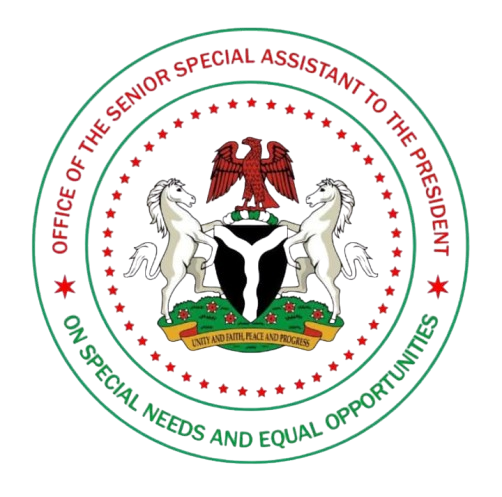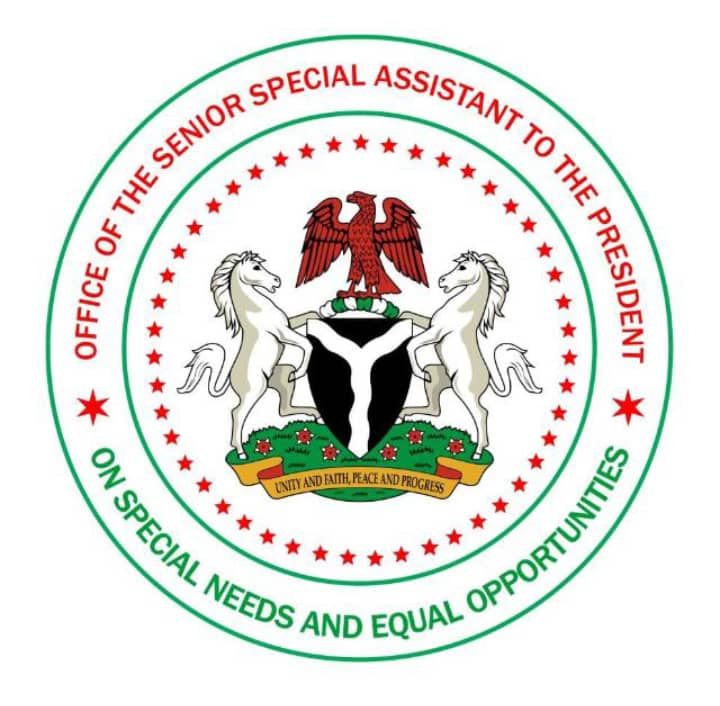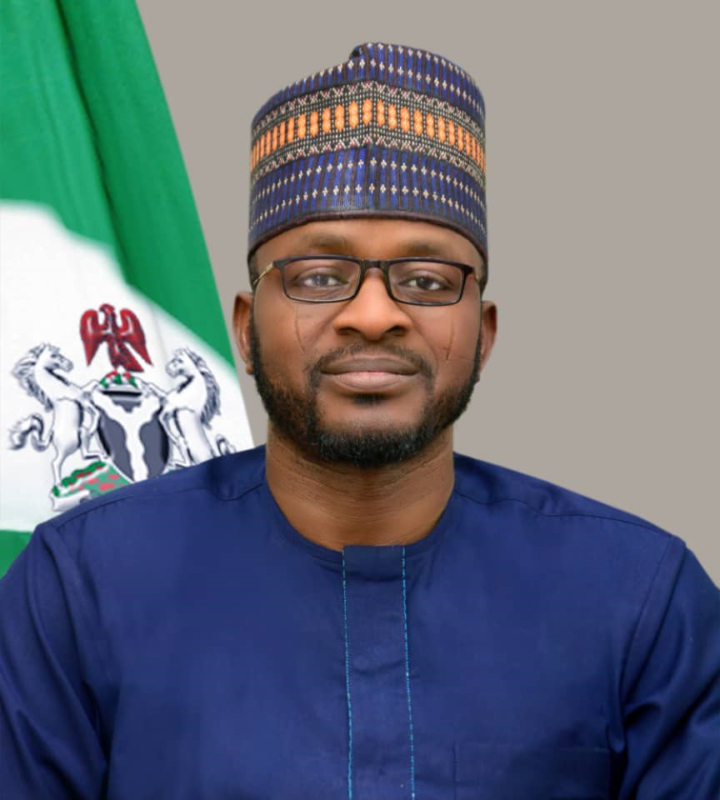By Lanre Oloyede
The Senior Special Assistant to the President on Special Needs and Equal Opportunities, Hon. Mohammed Abba Isa, has reiterated the urgent need to extend disability inclusion efforts beyond Nigeria’s urban centres to rural communities and local government areas, where Persons With Disabilities (PWDs) are most often marginalized.
Hon. Abba Isa made this assertion in his keynote address at the official launch of the Local Government Disability Framework, spearheaded by the Hope Inspired Foundation for Women and Youth With Disabilities (HIFWYD), with the invaluable support of the Disability Rights Fund (DRF).
The launch is part of the impactful project titled Partnership for Disability Inclusive Local Governance (PADILG).

Represented by his Director of Media and Communications, Mr. Lanre Oloyede, the Senior Presidential Aide noted that a majority of PWDs in Nigeria reside within local government areas—in rural towns, villages, and underserved communities—where access to basic services such as education, healthcare, infrastructure, and political participation remains a major challenge.
He commended the leadership and team at HIFWYD for their vision, dedication, and unwavering commitment to promoting the rights and dignity of PWDs.
“Your tireless passion, resilience, and advocacy are not only commendable but truly transformative. Focusing on grassroots governance and local government systems is not only innovative—it is essential. By introducing this localized disability framework, you are helping to ensure that inclusion is not merely a national aspiration but a tangible reality at the community level,” he said.

Hon. Abba Isa emphasized that the initiative aligns with the United Nations Convention on the Rights of Persons with Disabilities (UNCRPD) and the Discrimination Against Persons With Disabilities (Prohibition) Act, 2018, which both call for mainstreaming disability rights in all aspects of governance.
Reaffirming the Federal Government’s commitment under the Renewed Hope Agenda, he said:
“President Bola Ahmed Tinubu GCFR remains steadfast in his resolve to build an inclusive society where no one is left behind. As the President’s Special Assistant on Special Needs and Equal Opportunities, I have been specifically mandated to collaborate with subnational governments—especially at the local level—to foster the development and implementation of disability-friendly policies, environments, and programs. We are not leaving inclusion to chance; we are institutionalizing it.”
He assured stakeholders that his office is fully open and ready to partner with HIFWYD and others to ensure that the framework becomes a practical tool for change, not just another shelved document.
“To my brothers and sisters in the disability community—hope is here! This administration will continue to prioritize your dignity, rights, and potential through inclusive policies and transformative initiatives.”
He described the framework’s launch as a major milestone, signaling a new era where local governments must now integrate the needs of PWDs into their planning, budgeting, and service delivery processes—from Abuja to Ayetoro, Gwoza, Gwagwalada, and Okitipupa.

In her welcome address, Mrs. Nwite Oluchi Esther, Project Lead at HIFWYD, expressed appreciation to all attendees for their support and commitment to the cause. She highlighted that the framework was specifically designed to address challenges faced by PWDs in rural communities.
She said: “PWDs are full citizens with equal rights to participate in every aspect of society without discrimination. This framework ensures that they begin to enjoy the dividends of democracy right from the local government level.”
Mrs Oluchi further noted that most interventions by NGOs are often concentrated in urban areas, leaving grassroots communities underserved.
“If we had a functional system at the local level, 90% of the problems encountered by PWDs would already be addressed. This framework is a tool to guide local government authorities in institutionalizing disability inclusion within their jurisdictions,” she added.

In his goodwill message, Hon. (Engr.) Lawal Bello, National President of the Association of Local Governments of Nigeria (ALGON), represented by Chief Okafor, stressed that all national and state-level interventions must be cascaded to the local level to have any real impact.
“ALGON, as the umbrella body for all 774 LGAs in Nigeria, remains deeply committed to disability inclusion. We have been proud supporters of this initiative from the beginning and will continue to back efforts that promote empowerment and inclusivity for PWDs,” he said.

Also speaking, Barr. Theophilus Odaudu, Program Officer at the Disability Rights Fund (DRF) Nigeria, described the launch as a proud moment for the Fund.
“We are deeply invested in the rights and access of PWDs everywhere. Hope Inspired Foundation must now ensure that the entire disability community is aware of the framework’s existence and empowered to use it as a tool for advocacy and engagement,” he said.

He expressed confidence that the framework would be widely adopted by local governments across the country, fostering meaningful and sustained inclusion for PWDs nationwide.


